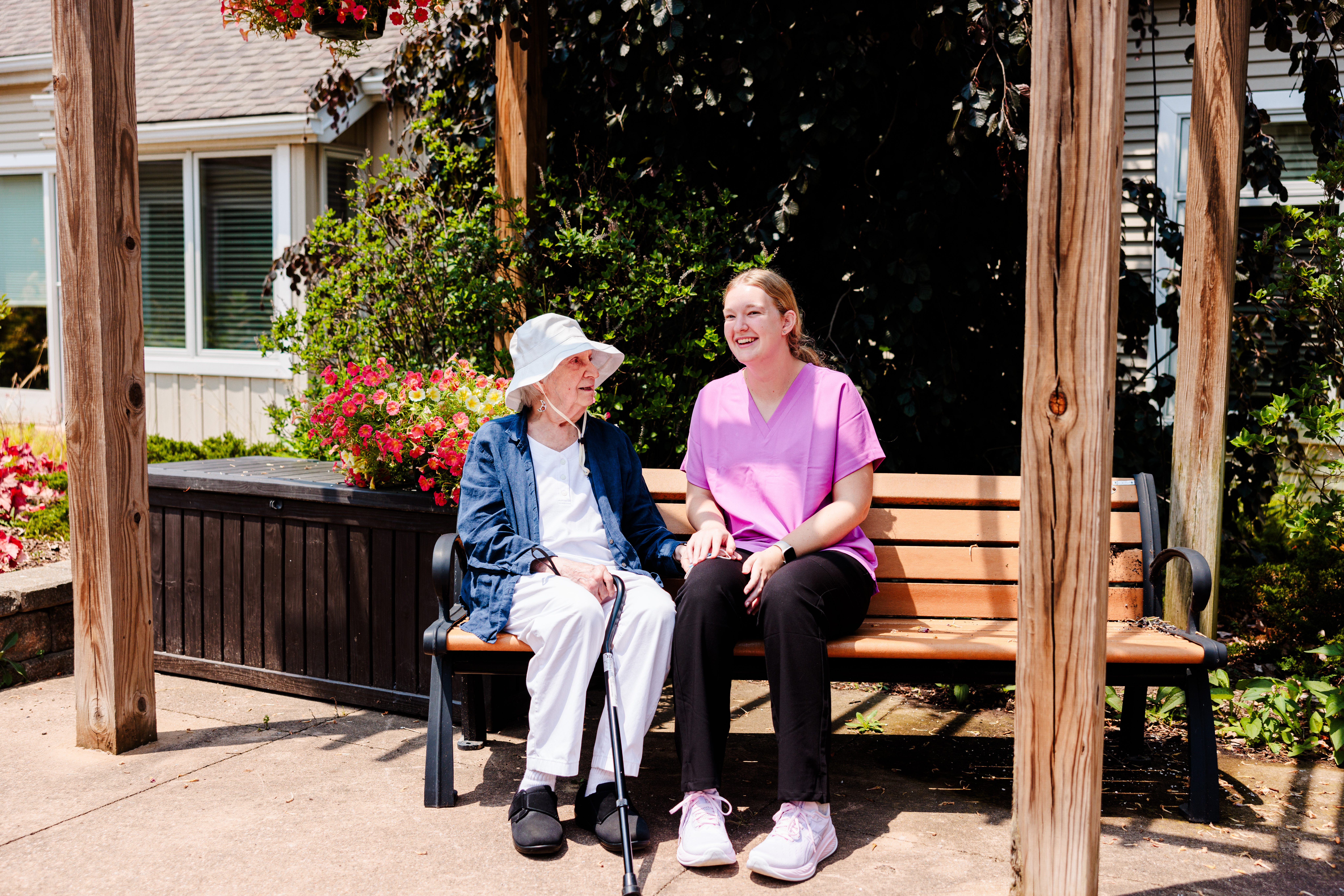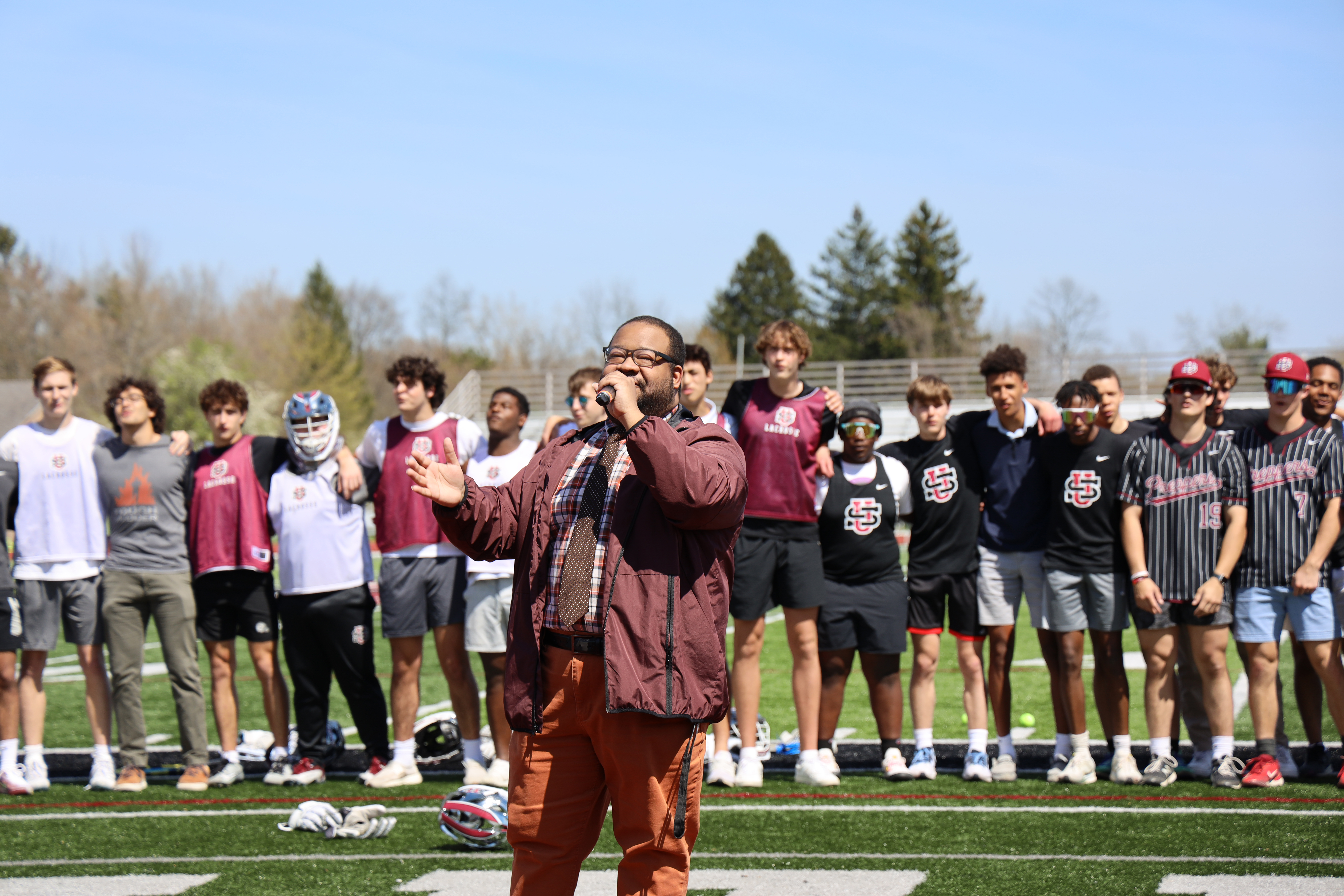It's supposed to feel like a bedroom with its window curtains, dresser, computer desk and soothing paintings on blue walls — but I'm not anticipating a good night's sleep in the MetroHealth Medical Center hospital room.
It might be nerves, but it's probably the 12 sensors, two waistbands and a nasal cannula measuring my brain waves, breathing, blood oxygen levels and limb movements. I look like Keanu Reeves after he wakes up outside the Matrix.
A chronic snorer, I'm a prime candidate for a sleep study, as are those who have trouble staying awake during the day or wake up tired. Such signs indicate you may not be sleeping well at night. These sleep studies are used to diagnose narcolepsy, movement disorders and most commonly, sleep apnea — a condition where breathing stops and starts periodically throughout the night because the throat closes up.
George Hensley, the sleep tech, wakes me at 6 a.m. I feel as rested as normal. With my snoring issue, I figure I'm just an OK sleeper.
Two days later, the results say otherwise. During the study, my breathing was either partially or completely obstructed 51 times per hour, causing my brain to wake up and stimulate the muscles in my throat. Moderate sleep apnea occurs at 15 or more breathing events per hour. Thirty or more times is considered severe.
Between 75 and 85 percent of people with sleep apnea go undiagnosed because most symptoms occur while you're asleep, or like me, daytime sleepiness is covered up by coffee. Treatments range from a breathing mask to jaw realignment. Meanwhile long-term complications from sleep apnea include high blood pressure and heart disease. It's troubling that for 15 years — as long as I've been snoring — I haven't been getting the rest I need to feel my best.
Sleep Tight
Three tips to get better Z's.
Keep a regular wake-up time. "[It's] the best way to anchor things," says Dr. Dennis Auckley, director of MetroHealth's Center for Sleep Medicine. Otherwise your brain adapts to later sleep and wake-up times on days off, making that case of the Mondays your own fault.
Bedrooms are for sleep and sex. No TV in bed. No texting in bed. "Your brain and your subconscious need to know when you are going into the bedroom, you should be going in for sleep," says Auckley.
No coffee or booze. You may be able to fall asleep after late-night caffeine, but its stimulating affect will keep you from deeper stages. "A drink at dinner is not a big deal," says Auckley. "But if you are using alcohol as a sleep aid, that is a problem."











